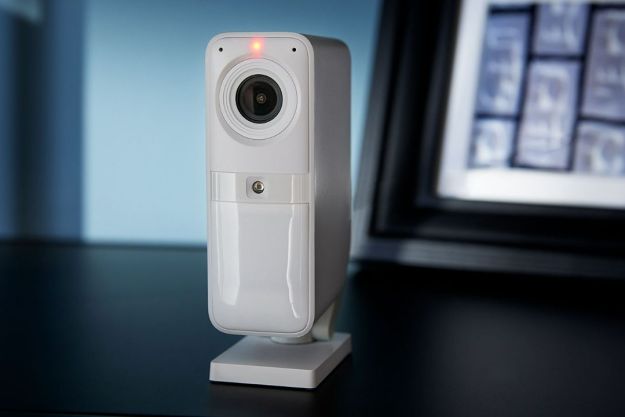Cybersecurity is a topic that’s in the news a lot these days. With the introduction of so many smart devices into our day-to-day lives, it’s possible for a skilled hacker to take control of your home through your smart devices. It’s one of the reasons so many new security protocols have been introduced, including two-factor authentication and stronger password requirements.
Smart assistants are a different beast altogether. Offerings like the Amazon Echo and Google Home Max give you voice control over the accessories in your home. They also double as speakers (with impressive audio quality, in some cases) and allow you to stream your favorite tunes from nearly anywhere.
Seems like a great choice for the backyard, right? Maybe not. If you want to play music for a backyard barbecue, it’s best to invest in a standard Bluetooth speaker and leave the smart speaker inside.
Smart speakers respond to anyone
Convenient though they may be, popular smart speakers such as the Amazon Echo Dot and Google Nest Mini do not say “no” to anyone. Although both devices can recognize different voices and provide different responses based on the speaker (provided the speaker has a profile on the device), anyone that knows the activation word can give commands.
At present, smart home controls are generic enough that even if someone didn’t know the exact devices you have in your home, they could control them via a backyard speaker. For example, someone could walk up to any of Google’s smart speakers and say, “Hey Google, turn off all the lights.” The inside of your home would be plunged into darkness and you wouldn’t know why.
Take a moment and consider all that your smart assistant can do. Someone could potentially order things from your Amazon account (although a PIN can prevent this), listen to your calendar appointments, hear your contacts, and more. Though charging your Amazon account wouldn’t yield any benefit to an intruder, it would be a massive headache for you. Someone could even order a pizza for themselves if you have the Pizza Hut or Domino’s skills enabled. The ability to hear your calendar entries is a bit more dangerous, as it could inform someone of when your home will be empty.

The good news is that no one can unlock your door through a voice assistant unless they have access to your phone (for unlocking via Siri) or know your custom, secret passcode for Alexa and/or Google. The command to unlock a door has higher security requirements than to lock the door.
Even customizing the activation word doesn’t help. There are a finite number of options. Amazon Echo devices can be customized to respond to “Alexa,” “Echo,” and “Computer,” while Nest devices are limited to “Okay Google” or “Hey Google.” If someone is aware of this, they can easily guess the right word after a few attempts.
Despite both Alexa and Google possessing the ability to recognize individual voices, there are no options to restrict their operation to only specific voices. Voice recognition is great for personalized results, but not ideal for security. However, if you intend to use a smart assistant as a speaker, you should disable the microphone so no one can activate it.
The smart assistant will not work if taken out of Wi-Fi range, so moving it far away from the home isn’t an option. With so many glaring privacy concerns, none of the current smart speakers (even if they do have great audio quality) are great choices for a pool party or backyard barbecue.
Party smart with a dumb speaker
Just say no to a smart speaker in your backyard and choose a Bluetooth speaker instead. The majority of Bluetooth speakers are more affordable than those with a smart assistant, plus there are specific models that are constructed to withstand the elements while outdoors. Some, in fact, are waterproof and ideal for pool parties. If you really want to control your smart home from the backyard, you’re better off using your smartphone or a voice assistant on your phone.
If you have no other option except a smart assistant, make sure to bring it inside with you when you’re done. Leaving a smart assistant outside and plugged in is a dangerous security risk. Even if no one attempts to gain entry, smart devices aren’t known for their moisture resistance — the morning dew might be enough to do it in.
Want more news, reviews, guides, and features from Digital Trends? Follow us on Apple News, Google News, and Flipboard.
Editors' Recommendations
- Home Depot’s Hubspace is a great way to start building your smart home
- Daisy is an installation and repair company designed for your smart home
- Kohler reveals luxurious smart home products that turn your bathroom into a spa
- 6 things you didn’t know Apple Homekit could do
- Why moving your smart home could be a nightmare




